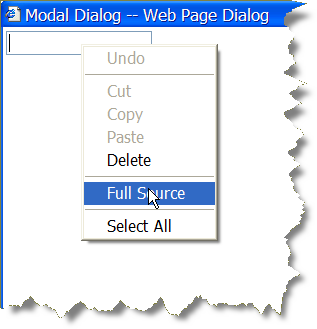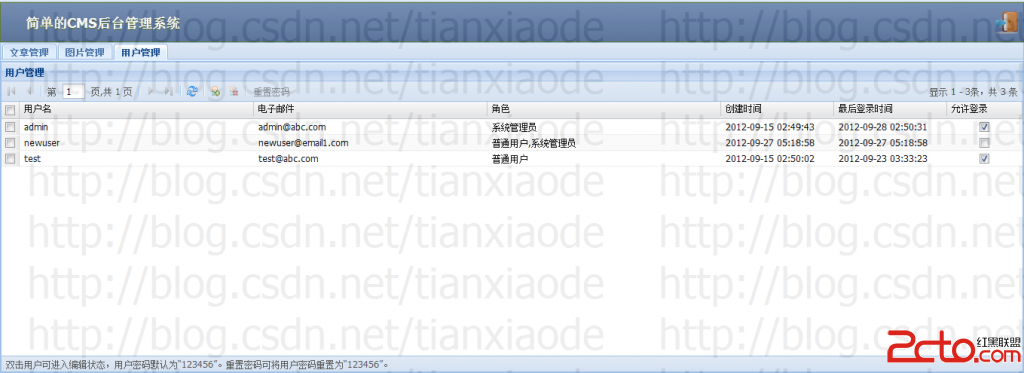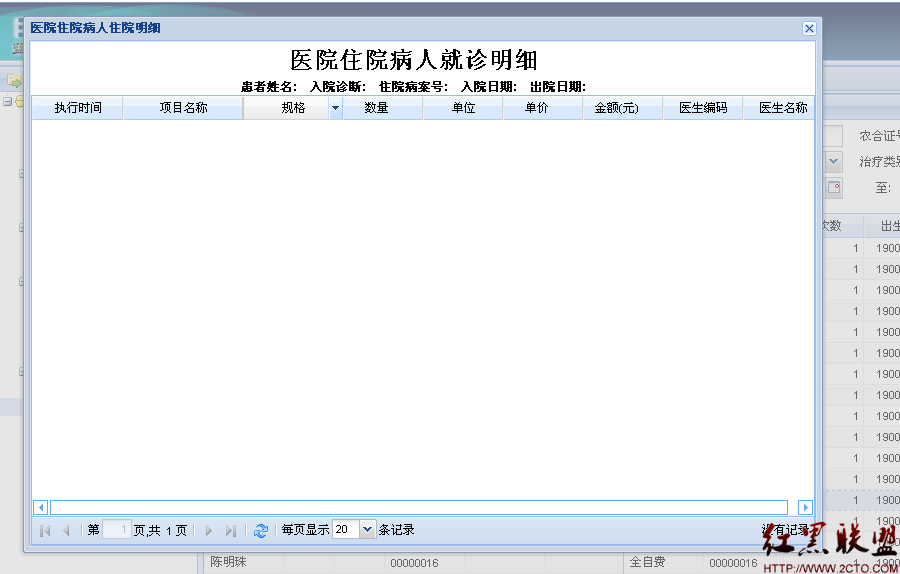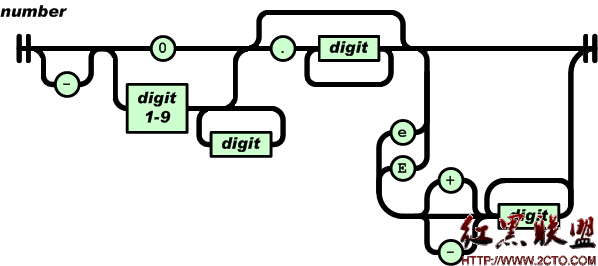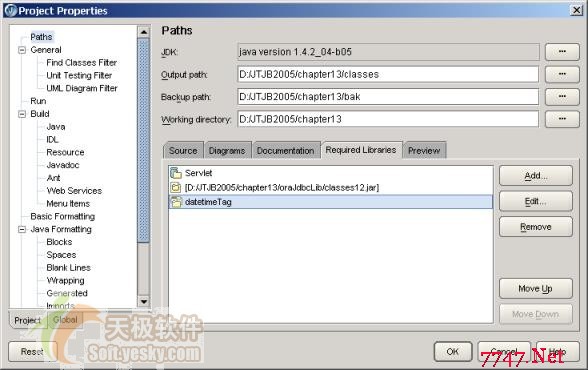Asp.net MVC3实现JSONP
JSONP可以帮我们解决跨域访问的问题。JSONP is JSON With Padding. 这里我们将不再解释其原理。我们来看在ASP.NET MVC 3 如何实现。首先我们需要定义一个JsonpResult. 代码像这样, 直接继承自JsonResult, override了ExecuteResult方法
public class JsonpResult : JsonResult
{
private static readonly string JsonpCallbackName = "callback";
private static readonly string CallbackApplicationType = "application/json";
/// <summary>
/// Enables processing of the result of an action method by a custom type that inherits from the <see cref="T:System.Web.Mvc.ActionResult"/> class.
/// </summary>
/// <param name="context">The context within which the result is executed.</param>
/// <exception cref="T:System.ArgumentNullException">The <paramref name="context"/> parameter is null.</exception>
public override void ExecuteResult(ControllerContext context)
{
if (context == null)
{
throw new ArgumentNullException("context");
}
if ((JsonRequestBehavior == JsonRequestBehavior.DenyGet) &&
String.Equals(context.HttpContext.Request.HttpMethod, "GET"))
{
throw new InvalidOperationException();
}
var response = context.HttpContext.Response;
if (!String.IsNullOrEmpty(ContentType))
response.ContentType = ContentType;
else
response.ContentType = CallbackApplicationType;
if (ContentEncoding != null)
response.ContentEncoding = this.ContentEncoding;
if (Data != null)
{
String buffer;
var request = context.HttpContext.Request;
var serializer = new JavaScriptSerializer();
if (request[JsonpCallbackName] != null)
buffer = String.Format("{0}({1})", request[JsonpCallbackName], serializer.Serialize(Data));
else
buffer = serializer.Serialize(Data);
response.Write(buffer);
}
}
}
接着简单定义一个扩展方法:
public static class ContollerExtensions
{
/// <summary>
/// Extension methods for the controller to allow jsonp.
/// </summary>
/// <param name="controller">The controller.</param>
/// <param name="data">The data.</param>
/// <returns></returns>
public static JsonpResult Jsonp(this Controller controller, object data)
{
JsonpResult result = new JsonpResult()
{
Data = data,
JsonRequestBehavior = JsonRequestBehavior.AllowGet
};
return result;
}
}
在Controller里使用它, 我们的Controller叫ApiController,其中的Action:
/// <summary>
/// Get some basic information with a JSONP GET request.
/// </summary>
/// <remarks>
/// Sample url:
/// http://localhost:50211/Api/GetInformation?key=test&callback=json123123
/// </remarks>
/// <param name="key">key</param>
/// <returns>JsonpResult</returns>
public JsonpResult GetInformation(string key)
{
var resp = new Models.CustomObject();
if (ValidateKey(key))
{
resp.Data = "You provided key: " + key;
resp.Success = true;
}
else
{
resp.Message = "unauthorized";
}
return this.Jsonp(resp);
}
private bool ValidateKey(string key)
{
if (!string.IsNullOrEmpty(key))
return true;
return false;
}
上面的方法接收一个string的参数,接着我们在前面加一个前缀字符串,最后返回就是Jsonp Result.
传值的Model:
public class CustomObject
{
public bool Success { get; set; }
public object Data { get; set; }
public string Message { get; set; }
}
运行WebSite, 访问 http://localhost:50211/Api/GetInformation?callback=myfunction&key=haha
我们可以看到这样的结果:
myfunction({"Success":true,"Data":"You provided key: haha","Message":null})
好的,现在让我们在另一个站点里使用它:
<html xmlns="http://www.w3.org/1999/xhtml">
<head runat="server">
<title>Index</title>
<script src="../../Scripts/jquery-1.4.1.min.js" type="text/javascript"></script>
<script type="text/javascript">
$(document).ready(function () {
$('.result').hide();
$('#test').click(function () {
$('.result').fadeOut('fast');
$('.result').html('');
&
补充:Web开发 , ASP.Net ,